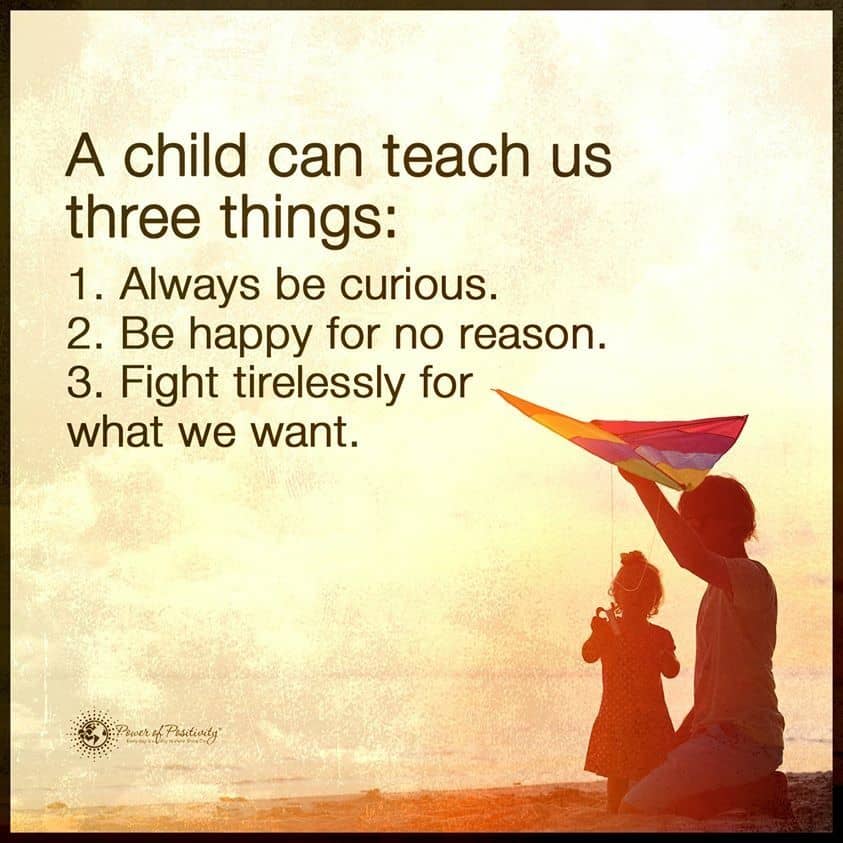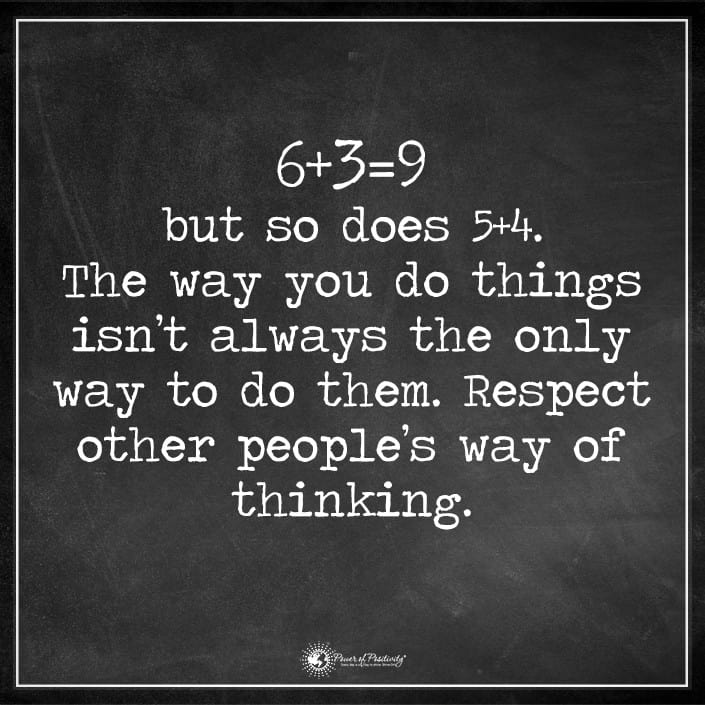Raising a child is challenging work! Kids can often behave in ways that defy expectations, give you headaches, and leave you wondering where you went wrong. Raising an internally motivated child is an entire experience thanks to the state of their still-developing brains.
It’s a tough job, yes! But you can raise kids with valuable lessons, positive thinking, strong morals, heightened compassion, and internally-sourced motivation to be and do good. So, how can you go about it?
Raising Your Child to Be Internally Motivated
Here are five ways to raise an internally motivated kiddo by teaching them to be a good helper to you.
1. Recognize Effort Instead Of Skill
Kids simply aren’t going to be as good at doing tasks as an adult. That’s just how life works. Unfortunately, while many parents know this logically, they don’t apply that to their praise. Focusing on skill will eventually lead to a child losing motivation when they make mistakes. You want them to value the act of hard work and perseverance, not the natural talent that few people have.
To recognize effort instead of skill, you have to disregard the child’s lack of ability and focus on how hard they’ve tried. Here are some ways to do so:
· Praise Effort Only
When you praise your child, edge away from technical ability and concentrate on their earnest attempts. Praise such as “Thank you for helping me clean the windows! I appreciate it!” and “You worked so hard to help your friend!” put the focus on effort. This reaction shows a child that you saw them trying hard and are grateful for that, which will make them more excited to put that same effort into their actions in the future.
· Be Patient
Helpful kids aren’t always the fastest, and they’re certainly not going to get everything right. If you want to raise an internally motivated helper, you must accept this fact and encourage them regardless. Don’t act as if your child’s efforts are a hindrance to you, and offer them guidance and help when needed. Will it be a hassle to your schedule?
Perhaps!
But kids can only get better at a task through repeated practice, which you will deny if you stop them from helping you now. Getting annoyed or impatient will also teach a child that they’re not good enough actually to be of help, or they’ll figure that no one needs their help anyway.
· Be Excited About Every Success
A kid yelling, “Look! Look! I did it!” as they show you an absolute mess of a thing they made that you can’t even recognize doesn’t seem like success to an adult. But to your child, this is a massive moment of accomplishment. Encourage repeated efforts by getting excited with them. You don’t even need to fake it – you need to get better at looking for the best parts of their results! Apply this to all moments of minute achievement. Your child already knows how to celebrate all their baby steps. When you reinforce the idea that those steps are truly worth celebrating, they will continue to be motivated by even the most minor ideas of success as they move forward.
2. Be An Example of Someone Who Is Internally Motivated
Most kids learn and learn well, by example. But it’s not enough to show them how you do practical tasks. After all, intrinsic helpfulness requires a child to enjoy being compassionate truly, and they’ll learn how to do that if you show them that you are similarly motivated.
Interesting studies have shown how being a capable example of a taught value is crucial to a child’s positive movement towards incorporating that value. In other words, it’s not enough for you to teach it, showcase it, then drop the act. You must truly be the kind of person you want your child to become.
When they’re very young, kids may have difficulty understanding why helpfulness is essential. Until they can appreciate why altruism and compassion are beneficial, you can teach children to be helpers by showing them how you do things.
You don’t need to force them to watch you – and that will likely be counterproductive. Instead, let them watch you as you work, do nice things for others, and practice regular kindness and compassion. They’ll naturally follow your actions to emulate you, even when they don’t yet understand its importance. This will make it easier to enforce this behavior with praise, so it comes naturally to them later on!
You can also do this by pointing out instances where other people are being helpful.
To do this:
- When you spot acts of generosity out and about, point them out to your children and explain how the person is a helper and why it’s a good thing.
- Openly thank those who are kind to you and explain how others’ generous actions help you, your child, and your child’s loved ones.
- Encourage your children to think about how they feel when others give them needed help and show them that they can make others feel helped and happy in a similar way.
3. Don’t Use Extrinsic Rewards
One of the easiest ways to reward a child is perhaps the least effective. It’s tempting to give a child a toy, some candy, or a trip to their favorite place as a reward for being a helper, but this may cause them to be less helpful as time goes on.
Research has suggested that kids are inherently full of positive thinking; specifically, many young children are naturally generous and have a strong desire to help others. They are already intrinsically motivated to be helpers! But when you repeatedly give them extrinsic or external rewards, their intrinsic desire diminishes over time, replaced by a selfish motivation for material reward.
Instead of giving children external rewards for their actions, trying praising them for their efforts or expressing your pride in them for their helpful behavior. This will continue to motivate them to be genuine, compassionate people as they grow older.
4. Give Them Personal Responsibility
Children like feeling involved, so let your kids be engaged on a more personal level by giving them personal responsibility. Giving personal responsibility in this context refers to assigning specific tasks to children they must be entirely responsible for. It proves to have positive effects on a child’s desire to be kind and selfless.
Of course, there is a balance to be struck between coddling children and leaving them confused and unsure how to proceed. Personal responsibility should inspire children to do their very best and care about things beyond themselves. Here are some tips for achieving this balance:
· Make Things Age-Appropriate
Children certainly can’t do all the things adults can, which is why assigning tasks that fit their ages and levels of ability is crucial. For example, you can teach younger children to give pre-packed bags of items to charity, fold socks in a load of laundry, greet guests to the house, or befriend a lonely peer in class. These kinds of tasks are within a child’s capabilities, allowing for primarily positive results that encourage them to keep taking on more tasks. Build task difficult up slowly over time!
· Hold Them Responsible For Commitments
You’ve heard time and time again about kids who promise to take care of their pets, only to neglect them and leave their parents to pick up the slack. This is a poor way to teach personal responsibility – you’re showing kids that they don’t need to live up to their assigned or promised responsibilities because Mommy or Daddy will always be there to bail them out. Children must be held responsible for their commitments so they can see how their irresponsibility affects what they want. Start with small responsibilities and work your way up to bigger ones (so don’t jump into pet ownership right away), holding them responsible for what their jobs are.
· Don’t Step In Unless Necessary
Kids will make mistakes now and then, and sometimes, you will have to rush in, correct them, save a situation, and teach them where they went wrong. But for the most part, you shouldn’t have to. Let children make their own mistakes within reason, and they’ll learn to keep going. The best way to learn to be a helper is through practice and self-growth, allowing the natural process to work its magic!
5. Give Them Helping Opportunities
No matter how much you try to teach children about the concept of helpfulness, if they don’t get the chance to try being kind and selfless, they’ll never have any practical experiences that make them faithful helpers. Exposing children to all sorts of different opportunities for them to display their positive and helpful traits is key to their progression. Here are some tips for doing so:
· Make Helping Simple
Complicated helping tasks have value, but young children can be overwhelmed when they don’t understand a complex responsibility. If helping seems extremely difficult, they’ll not want to participate. Don’t complicate learning opportunities; break them down into simple steps that your child can follow. You can build up complexity over time, but you need responsibilities to be correctly accessible to your kid’s current abilities and levels. A challenge is fine, but keep it reasonable!
· Expand The Circle Of Concern
Most children only see their friends and family and are most aware of them. As a result, some kids don’t think about people beyond that small circle. Help kids to understand people outside of that circle and those who seem strange and foreign to them. Bring their attention to the people they meet every day, like waiters and bus drivers. Ask them to consider the impact of their actions on people other than themselves. Explain to them the different cultures and communities that they encounter. Their bubble will expand over time, as will their ability to be helpful.
· Don’t Shelter Them
Many parents feel the need to protect their children from the suffering and pain in the world. But this kind of sheltering prevents kids from learning about the world’s realities, thus preventing them from understanding the impact that their helpful compassion can have.
Final Thoughts on Raising an Internally Motivated Child
Children tend to be short-sighted and self-focused, but they also tend to be loving, genuine, and eager to help. By focusing on raising internally motivated kids, they will grow up to want to care for and be kind to others purely because it makes those around them happy – and makes them feel good about themselves, too!
















 Community
Community

